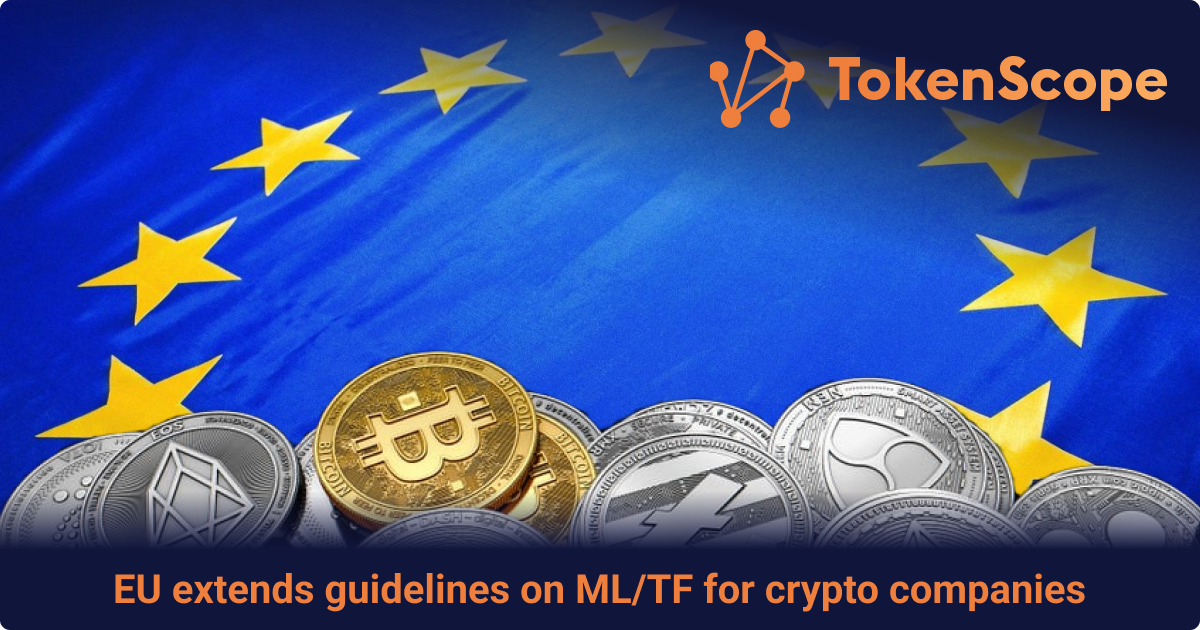The summary of the year. What we got in crypto this year.

The banking crisis that unfolded in the United States in March 2023 had a significant impact on the global financial market, including the crypto market. Over the course of five days, three small-to-midsize U.S. banks failed, leading to a sharp decline in global bank stock prices and triggering concerns about the stability of the banking sector.
The impact of the banking crisis on the crypto market was multifaceted. The crisis led to a broader decline in the financial market, with rising concerns about the outlook for midsize banks and fears that commercial real estate loans might be the next source of trouble. This broader financial instability likely contributed to a decrease in investor confidence, which could have affected the crypto market.
The crisis also highlighted the interconnectedness of the traditional banking sector and the crypto market. Some small banks that were focused on crypto, such as Signature Bank, faced regulatory action and closure, further underscoring the impact of the banking crisis on the crypto industry
The crisis led to a decline in global bank stock prices and triggered concerns about the stability of the banking sector, which could have led to a decrease in investor confidence and a risk-averse investment approach. The crisis also highlighted the importance of risk management and regulatory clarity in the banking sector, which led to the necessity of the development of new accounting standards. That’s why shortly after the crisis occurred The Financial Accounting Standards Board (FASB) had announced new accounting standards for crypto assets.
On December 13, 2023, the FASB issued its first direct accounting and disclosure standard on crypto assets, requiring certain crypto assets to be subsequently measured at fair value, with changes in fair value recorded in net income in each reporting period. The new standard also mandates additional disclosures about the holdings of certain crypto assets, aiming to provide investors with a better understanding of the entities' crypto significant holdings and contractual sale restrictions. The FASB's new rule on fair-value accounting for disclosure of crypto assets, set to go into effect in 2025 for fiscal years beginning after December 15, 2024, treats digital assets the same as financial assets, allowing immediate recognition of gains and losses rather than following the impairment model.
The US regulators’ enforcement actions
In 2023, US regulators have significantly increased their enforcement actions against crypto companies. The Securities and Exchange Commission (SEC) saw a notable rise in cryptocurrency cases, with the number of cases increasing from 18 in fiscal year 2022 to 44 in fiscal year 2023. The SEC has imposed substantial penalties on companies involved in unregistered offerings and sales of digital assets to US investors, such as the $22.5 million penalty imposed on Nexo. Additionally, the year has been marked by a variety of legal issues and enforcement actions, including criminal cases involving the heads of major crypto companies. US regulators have maintained a strong focus on enforcing anti-money laundering (AML) and countering the financing of terrorism (CFT) rules in the crypto space.
On June 5, 2023, the SEC filed 13 charges against Binance, Binance.US, and founder Changpeng Zhao. The charges include operating unregistered exchanges, broker-dealers, and clearing agencies; misrepresenting trading controls and oversight on the Binance.US platform; and the unregistered offer and sale of securities.
Binance was also accused of processing billions of dollars of cryptocurrency transactions for US persons and causing US customers to engage in transactions in violation of US sanctions. The company and Zhao pleaded guilty to these charges, resulting in a $4 billion resolution.
At the end, in November, Binance agreed to this multibillion-dollar settlement with US authorities, admitting to violations of the Bank Secrecy Act and other regulations. As part of the settlement, Binance will be subject to five years of monitoring and significant compliance measures, including a complete exit from the United States. Binance has also reached agreements with the Commodity Futures Trading Commission (CFTC), FinCEN, and OFAC, and the Department will credit approximately $1.8 billion toward those resolutions.
These actions highlight the increasing regulatory scrutiny and enforcement efforts against major cryptocurrency exchanges. We have to keep in mind that not only Binance faced charges from US regulators, but also Kraken, and Coinbase.
Same as in a Binance’s case, the SEC sued Kraken for operating an unregistered crypto trading platform, alleging commingling of customer funds and failure to register the offer and sale of certain crypto assets, and charged Coinbase for the same reasons.
Grayscale lawsuit and Bitcoin ETF
The Grayscale lawsuit, which resulted in a federal court ruling in favor of Grayscale Investments, has had a significant impact on the approval of Bitcoin ETFs and the price of Bitcoin in 2024.
Grayscale sued the SEC after the Comission denied its application to convert its flagship spot Bitcoin Trust (GBTC) into an exchange-traded fund (ETF). The lawsuit challenged the SEC's prior approval of Bitcoin futures ETFs, arguing that the proposal did not meet anti-manipulation rules. A federal appeals court ruled that the SEC must approve Grayscale's application, stating that the SEC's prior approval of Bitcoin futures ETFs made it difficult to justify the rejection of the spot Bitcoin ETF. This decision lifted hopes for broader investor access to the cryptocurrency market.
The court's ruling is expected to pave the way for multiple Bitcoin ETFs, as the SEC should now allow multiple spot Bitcoin ETFs at once. This could lead to an increase in the number of Bitcoin ETFs available to investors, potentially impacting the price of Bitcoin in 2024.
The approval of multiple Bitcoin ETFs could increase the demand for Bitcoin, driving its price higher in 2024. Bitcoin futures ETFs have already surged after the Grayscale ruling, with Coinbase Global, the largest publicly traded crypto exchange, rising 15%, and Bitcoin futures climbing more than 7%.
In conclusion, the Grayscale lawsuit has had a significant impact on the approval of Bitcoin ETFs and the potential price of Bitcoin in 2024. The court's ruling in favor of Grayscale Investments is expected to lead to an increase in the number of Bitcoin ETFs available to investors, which could drive up the price of Bitcoin in the coming year.
Happy New year!




